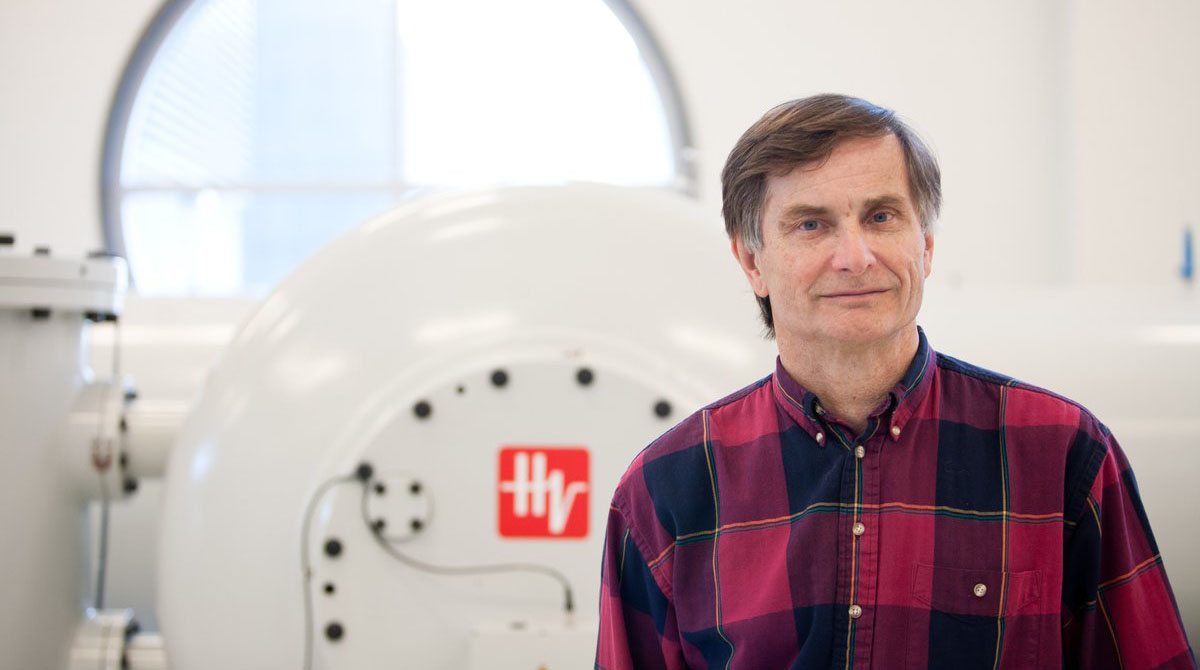The foresight and leadership for the laboratory came from the Vice President of Research (now the Chief Science Advisor of Canada), Dr. Mona Nemer, President Allan Rock and our founding AEL-AMS members Drs. Ian Clark, Jack Cornett and Liam Kieser.

History of the National André E. Lalonde AMS Facility
Early AMS history in Canada
In 1977, Professor Ted Litherland and his group showed, that radiocarbon could be analyzed using a tandem accelerator because the abundant isobar 14N did not form negative ions and so did not interfere with 14C. From this discovery, accelerator mass spectrometry (AMS) developed and was applied to the analysis of other long-lived radioisotopes, such as 10Be, 26Al, 36Cl and 129I.
Ted went on to establish IsoTrace at the University of Toronto as Canada’s first dedicated AMS facility. Also in the late 1970’s, Drs. Earle Nelson, John Southon and John Vogel made significant contributions to the development of AMS for 14C-dating on the FN AMS instrument at McMaster University. Eventually, IsoTrace would became the only instrument in Canada. For thirty years, IsoTrace provided radiocarbon and radioiodine analyses to researchers in Canada and abroad. The IsoTrace accelerator facility was shut down in 2013.
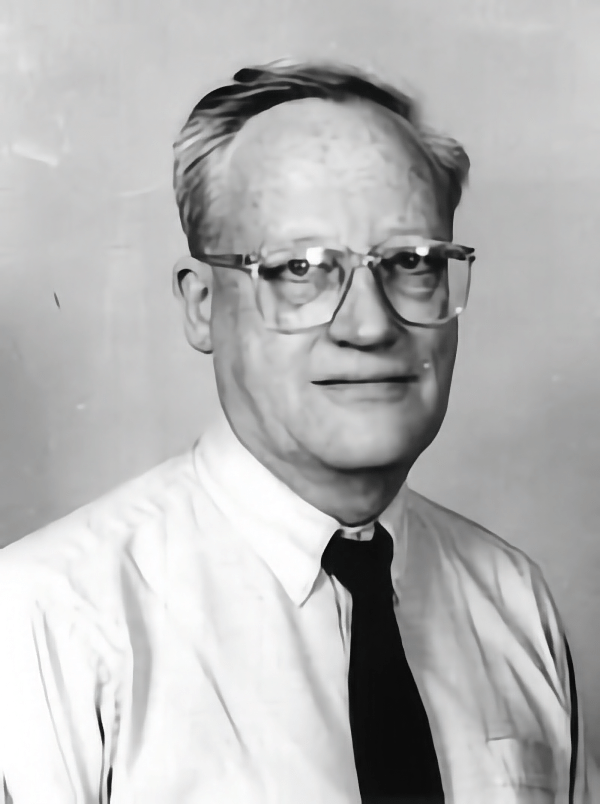
Establishing the AEL-AMS Laboratory
In 2008, the AMS community supported an initiative to acquire a next generation AMS system capable of managing the high volume throughput required by the Canadian research community, the range of radioisotopes in demand, and to support the research and development of new AMS technologies.
The University of Ottawa, together with the Canada Foundation for Innovation, and the Ontario Innovation Fund, supported the construction of a new building to house laboratories, the AMS and a new center for Photonics. The AEL-AMS facility began operations in 2014 with a $34.7M CFI/ORF award and the construction of the Advanced Research Complex (ARC). In 2017, a $9.6M CFI-IF (PI Cornett) was secured for a second dedicated 14C AMS and to upgrade sample preparation and analytical capabilities of the facility.
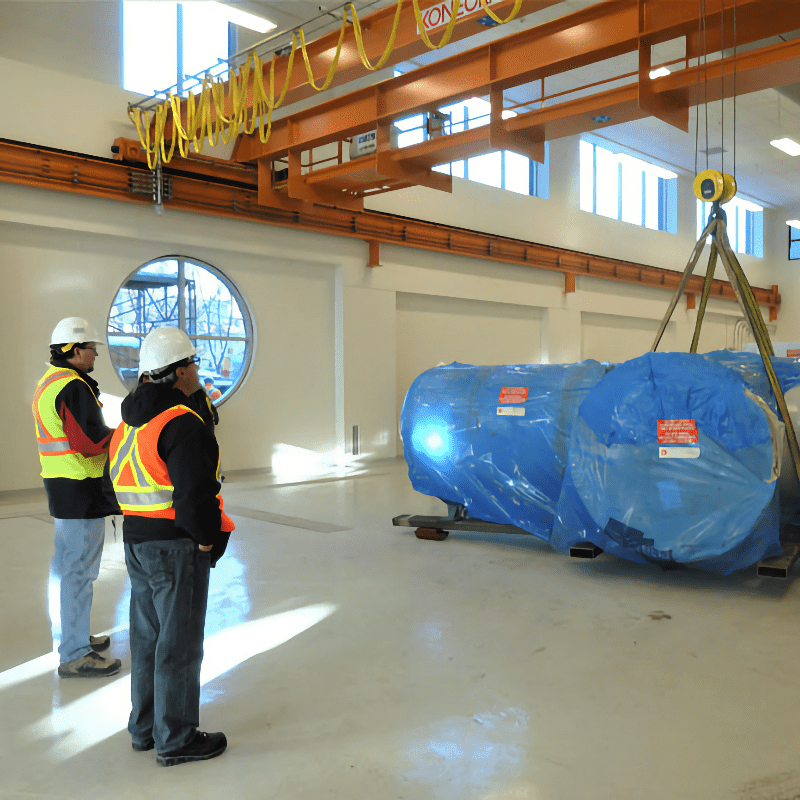
Founding members
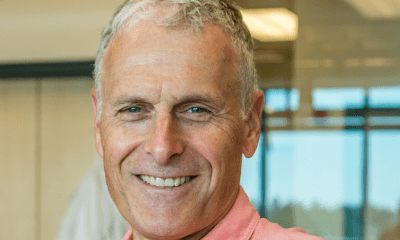
Dr. Ian Clark
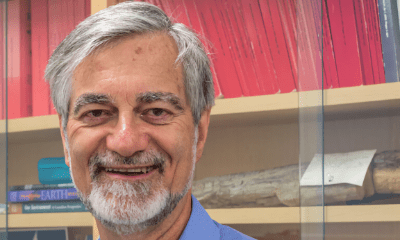
Dr. Liam Kieser
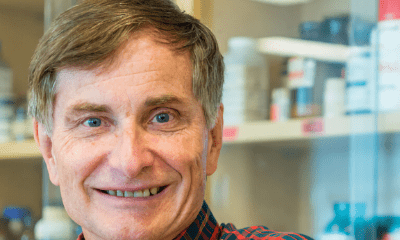
Dr. Jack Cornett
In loving memory
Perhaps the most tireless champion was the Dean of Science, Dr. André E. Lalonde. André worked at all levels on and off campus for the construction of the Advanced Research Complex that hosts our AMS and geoscience laboratories together with the Photonics research labs. Sadly, André passed away in late 2012, just one year short of seeing his vision become reality.
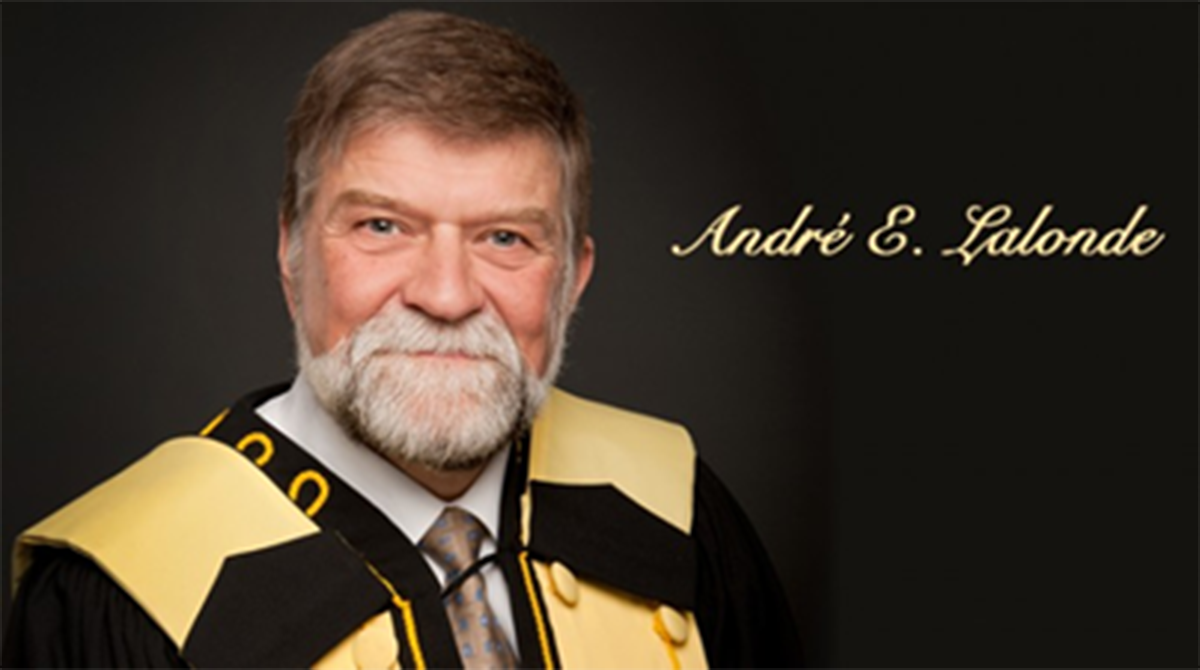
Robert John “Jack” Cornett was the consummate scientist. He loved to question, discover, and explore, both in the sciences and outdoors. His family, friends and Faculty of Science colleagues at the University of Ottawa were devastated by the news of his sudden death. To celebrate his life, the University of Ottawa created a fund entitled the Dr. R Jack Cornett Passion for Life and Science Award.
